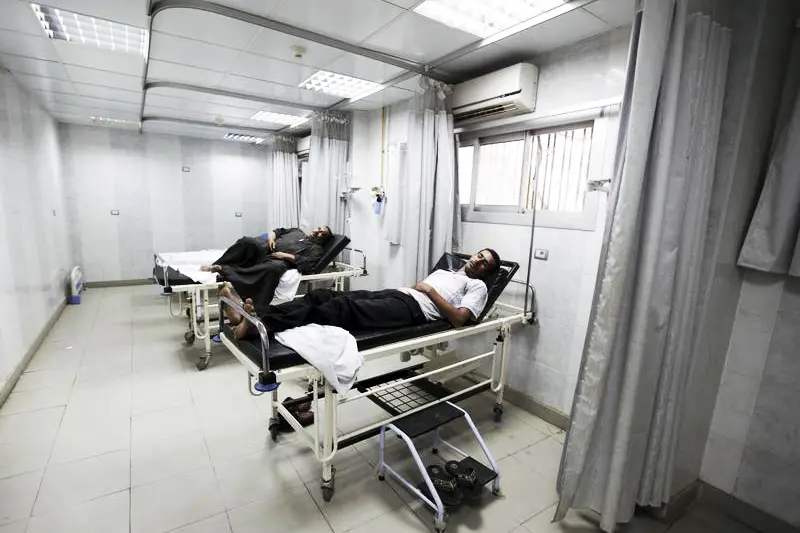PHOTO
While Africa accounts for about one-quarter of the global disease burden, it has just two percent of the world's doctors. With a burden of disease that includes infectious diseases, non-communicable diseases (NCD) and a devastating Covid-19 pandemic, the continent's health systems are facing severe pressure.
The management of healthcare was a key focus area for the Africa Health Conference on day two.
If the region is to reach its health targets set by the United Nations Sustainable Development Goals (UNSDG) by 2030, a new surge of political will to drive positive change as well as digital transformation and innovative new solutions around healthcare management must be put in place.
Speaking on lessons learnt from Covid towards universal healthcare (UHC), Professor Morgan Chetty, CEO of KwaZulu-Natal Managed Care Coalition and the IPA Foundation of SA, said that UHC is an ambitious, yet essential UNSDG imperative.
Global investment
“The Covid crisis highlights that the world is a global village, and that there is a need for investment into healthcare globally,” says Chetty.
He adds that the pandemic exposed the shortfalls and fragilities of our healthcare systems, and, by introducing a sense of the urgency these system gaps, presents an opportunity to make changes that benefit health security, and accelerate the drive towards UHC in Africa.
Closing the inequality gap
Discovery Health’s chief medical officer, Dr Maurice Goodman believes there is a desperate need to address the discrepancies between the so-called global North and global South.
“To deal with global crises like Covid requires an equitable, pro-poor approach, in which international resource and knowledge sharing is the norm, and national boundaries do not affect these flows," he says.
“Covid has demonstrated the importance of healthcare systems in society and their impact on economic factors, and closing the inequality gap,” he adds.
Telehealth role
However, for Goodman, Covid has brought to the fore the exciting role that tele-health can play as an adjunct to traditional health systems, especially in poorly-resourced areas.
Looking forward, he notes that the greatest burden of disease globally is NCD, and that strategies around wellness-oriented lifestyle and behavioural changes may be appropriate.
He also noted the importance of “increasing Healthcare Workers (HCW) capacity, retaining professionals, and escalating training of more HCWs in appropriate categories”.
All rights reserved. © 2021. Bizcommunity.com Provided by SyndiGate Media Inc. (Syndigate.info).





















